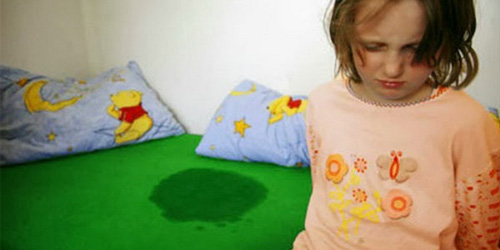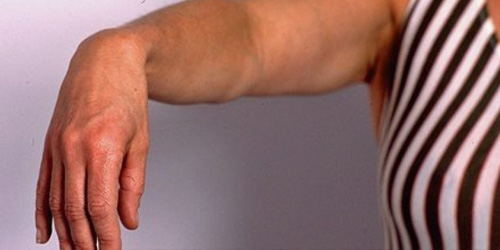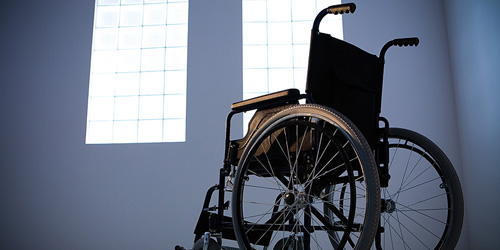Urinary bladder has a complex innervations with somatic and sympathetic systems and carries out dual functions of storage and emptying of urine. At least 25% of the clinical problems seen in pediatric urology are the result of neurologic lesions that affect the lower urinary tract function. Our increasing understanding of the neurophysiology of bladder coupled with advances in urodynamic techniques specifically designed for infants and young children have provided more accurate assessment of pediatric lower urinary tract disorders.
Neural control of bladder—sphincter unit in children is age dependant and hence much more variable and complex than those of adults. Of the various classifications of bladder dysfunctions the one proposed by International Children’s Continence society in 1997 is well accepted.
Monthly Archives: January 2017
Stroke
A stroke is a condition in which the brain cells suddenly die because of a lack of oxygen. This can be caused by an obstruction in the blood flow, or the rupture of an artery that feeds the brain. The patient may suddenly lose the ability to speak, there may be memory problems, or one side of the body can become paralyzed. Ischemic stroke accounts for about three-quarters of all strokes and occurs when a blood clot, or thrombus, forms that blocks blood flow to part of the brain. If a blood clot forms somewhere in the body and breaks off to become free-floating, it is called an embolus. This wandering clot may be carried through the bloodstream to the brain where it can cause ischemic stroke.
Multiple Sclerosis
Multiple sclerosis affects the brain and spinal cord. Early symptoms of multiple sclerosis include weakness, tingling, numbness, and blurred vision. Other possible warning signs are muscle stiffness, thinking problems, and urinary problems. A multiple sclerosis diagnosis is made by the history of symptoms and a neurological exam, often with the help of tests such as an MRI or a spinal tap. No one’s sure what causes multiple sclerosis, but it may be hereditary. There’s no cure for multiple sclerosis, but treatment can relieve worsening of symptoms.




